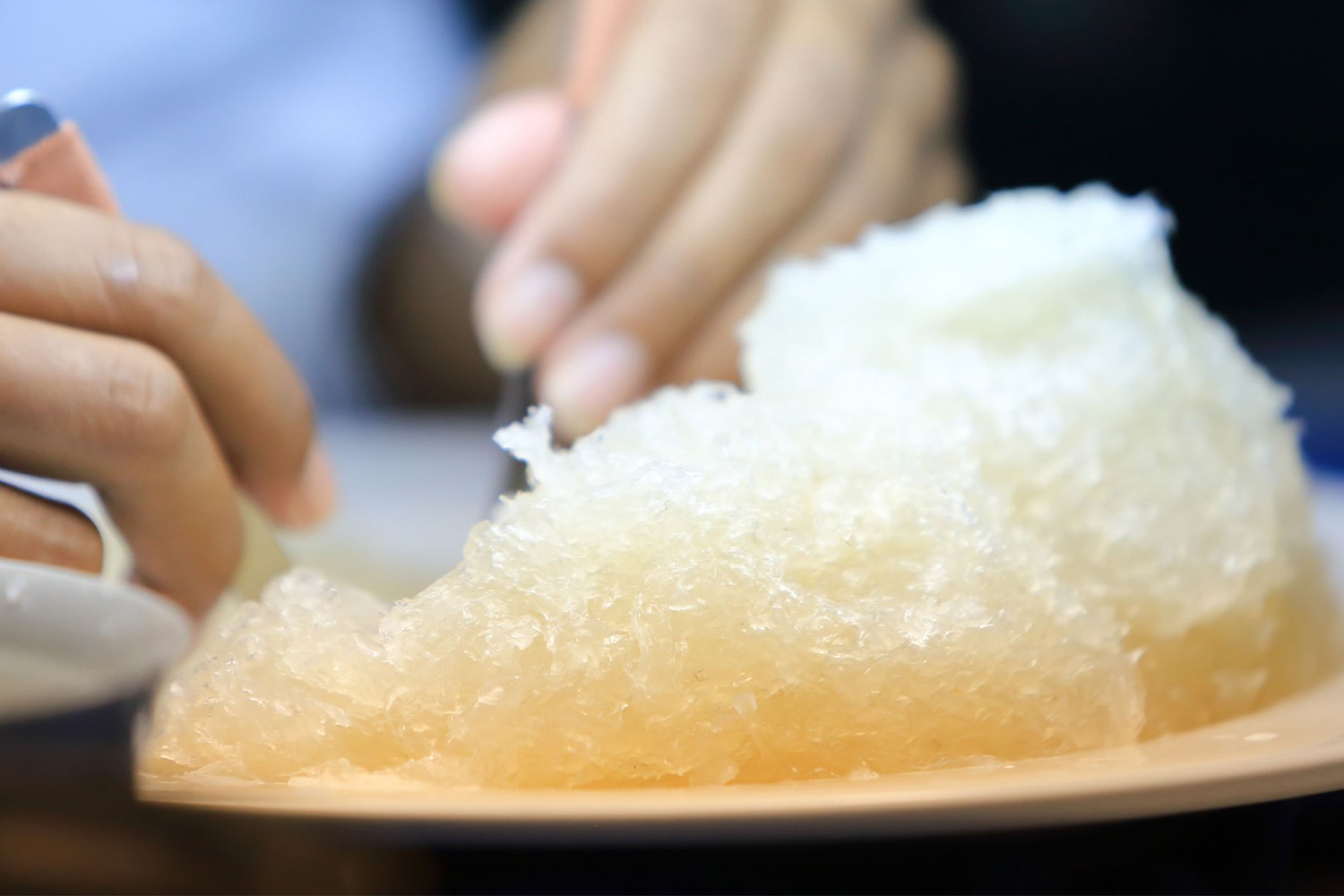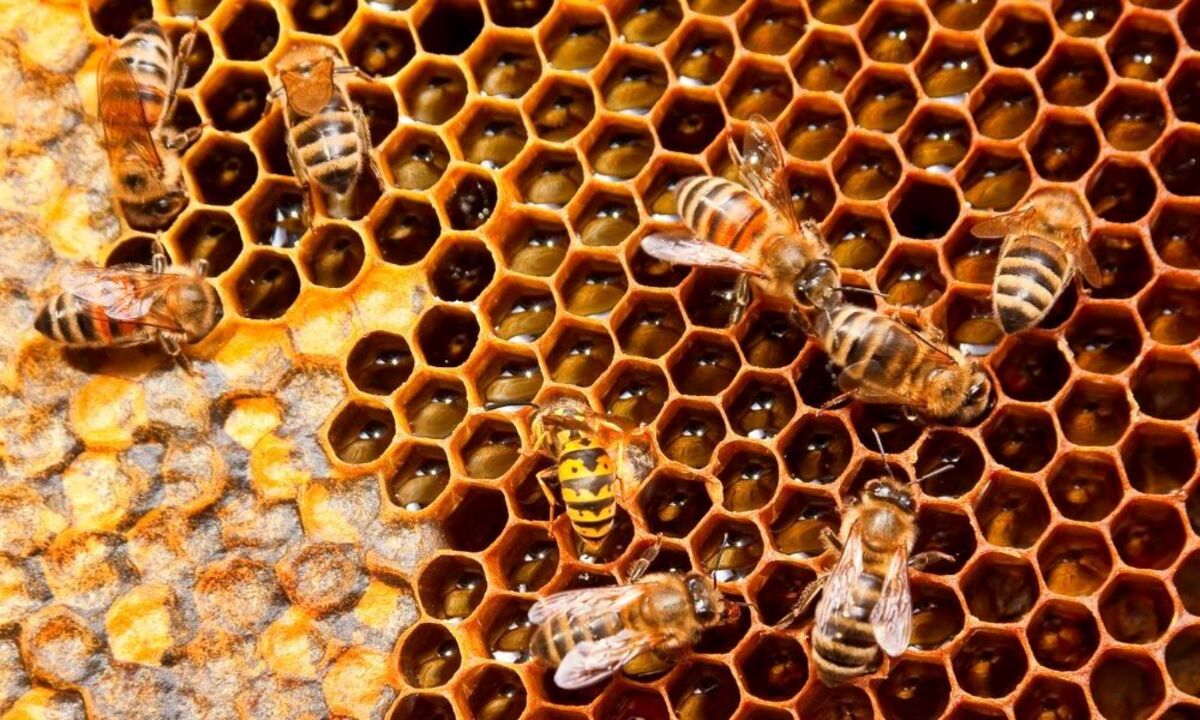
Bird nests may not be the first thing that comes to mind when thinking about nutrition, but these natural treasures are more than just cozy homes for our feathered friends. Bird nest soup, made from the saliva nests of certain bird species, has long been valued for its nutritional benefits in traditional Chinese medicine and cuisine.
In this article, we’ll explore 10 fascinating bird nest nutrition facts that will give you a deeper understanding of the health benefits these nests offer. From their rich protein content to their abundance of essential minerals, bird nests are a nutrient-dense food source that has been cherished for centuries.
So, let’s dive into this avian superfood and uncover the hidden health secrets that lie within the delicate confines of a bird’s nest!
Key Takeaways:
- Bird nests are a protein-packed superfood, perfect for building muscles and supporting overall health. They also contain essential nutrients like calcium, iron, and antioxidants for a strong body and immune system.
- With bird nests, you get a natural source of energy, support for digestive and skin health, and a boost for your immune system. It’s like a powerhouse of nutrients packed in a delicate delicacy!
Rich in Proteins
Bird nests are packed with proteins, making them an excellent dietary choice for individuals looking to boost muscle growth and repair.
Abundant in Amino Acids
The bird nest contains all the essential amino acids needed by the human body to maintain optimal health and function.
Natural Source of Calcium
With high levels of calcium, bird nests contribute to the development and maintenance of strong bones and teeth.
Contains Potassium
Potassium plays a crucial role in regulating blood pressure and promoting heart health. Bird nests are a natural source of this essential mineral.
Source of Iron
Iron is vital for the production and function of red blood cells. Bird nests provide a good amount of iron to support healthy blood circulation.
Packed with Antioxidants
Bird nests are rich in antioxidants, which help protect cells from damage caused by harmful free radicals and promote overall well-being.
Supports Digestive Health
The gelatinous texture of bird nests can aid in soothing the digestive system and promoting better gut health.
Boosts Immune System
The unique combination of nutrients in bird nests can strengthen the immune system, allowing the body to better defend against illnesses and infections.
Enhances Skin Health
Regular consumption of bird nests is believed to improve skin elasticity, reduce wrinkles, and promote a youthful complexion.
Natural Energy Booster
Bird nest consumption is known to provide a natural energy boost, making it an excellent choice for combating fatigue and increasing vitality.
There you have it – 10 Bird Nest Nutrition Facts that shed light on the impressive health benefits of this fascinating delicacy. Including bird nest in your diet can offer a range of essential nutrients to support overall well-being and vitality. So, why not incorporate this natural powerhouse into your daily routine and experience the wonders it brings?
Conclusion
In conclusion, bird nests are not only a delicacy but also a nutritional powerhouse. Packed with essential nutrients, bird nests offer numerous health benefits. They are rich in proteins, amino acids, vitamins, and minerals, which contribute to overall well-being. Consuming bird nests regularly can boost the immune system, improve skin health, enhance respiratory functions, and promote tissue repair and growth. Additionally, bird nests are believed to possess antioxidant and anti-aging properties, making them a popular choice in traditional Chinese medicine.So, the next time you indulge in a bird nest soup or any other bird nest-based dish, know that you are not only treating your taste buds but also providing your body with a wide range of nutritional benefits. With its unique combination of taste and health benefits, bird nests truly stand out as a natural culinary treasure.
FAQs
Q: What are bird nests made of?
A: Bird nests are primarily made of solidified saliva secreted by swiftlets, small birds known for their unique nest-building abilities.
Q: Are bird nests safe to consume?
A: Yes, bird nests are safe to consume after proper cleaning and cooking. However, it is important to source them from reputable sources to ensure quality and authenticity.
Q: Are bird nests suitable for vegetarians?
A: No, bird nests are not suitable for vegetarians as they are derived from animal sources.
Q: Can bird nests help improve skin health?
A: Yes, bird nests are believed to have nourishing properties that can improve skin health and promote a youthful complexion.
Q: Are bird nests only used in soups?
A: While bird nests are commonly used in soups, they can also be incorporated into various dishes such as desserts, jellies, and drinks.
Q: Are there any health risks associated with consuming bird nests?
A: When obtained from trusted sources and prepared correctly, there are no significant health risks associated with consuming bird nests. However, individuals with allergies or asthma should exercise caution and consult a healthcare professional before consuming bird nests.
Q: Are there any specific instructions for cleaning and cooking bird nests?
A: Yes, it is important to clean bird nests thoroughly to remove any impurities. They should be soaked in water and gently brushed to remove any dirt or feathers. As for cooking, bird nests are often simmered in a soup or steeped in a liquid before consumption.
Q: Can bird nests be consumed by pregnant women?
A: It is advisable for pregnant women to consult their healthcare provider before consuming bird nests, as there is limited scientific evidence regarding its safety during pregnancy.
Q: Where can I buy bird nests?
A: Bird nests can be purchased from specialty stores, reputable online retailers, or traditional Chinese medicine shops. It is important to choose a trusted source to ensure quality and authenticity.
Q: How should bird nests be stored?
A: Bird nests should be stored in a cool, dry place away from direct sunlight and moisture. It is recommended to keep them in an airtight container to maintain their freshness and quality.
Was this page helpful?
Our commitment to delivering trustworthy and engaging content is at the heart of what we do. Each fact on our site is contributed by real users like you, bringing a wealth of diverse insights and information. To ensure the highest standards of accuracy and reliability, our dedicated editors meticulously review each submission. This process guarantees that the facts we share are not only fascinating but also credible. Trust in our commitment to quality and authenticity as you explore and learn with us.


